A 2005 clinical study published in 𝘛𝘩𝘦 𝘑𝘰𝘶𝘳𝘯𝘢𝘭 𝘰𝘧 𝘊𝘭𝘪𝘯𝘪𝘤𝘢𝘭 𝘌𝘯𝘥𝘰𝘤𝘳𝘪𝘯𝘰𝘭𝘰𝘨𝘺 & 𝘔𝘦𝘵𝘢𝘣𝘰𝘭𝘪𝘴𝘮 researched an important question: Is testosterone influenced more by when you sleep—or how long you sleep?
In a controlled lab, 7 healthy men were monitored for 24 hours while sleeping either:
• At night (11 PM–7 AM), or
• During the day (7 AM–3 PM)
Results:
• Testosterone levels rose steadily in both conditions—from ~15–17 nmol/L to ~25–26 nmol/L
• Circadian rhythm had a minor influence but sleep duration was the primary driver of testosterone production
This study suggests that it’s not when you sleep, but how long you sleep that matters most for testosterone.
Study Link: https://pubmed.ncbi.nlm.nih.gov/15914523/

